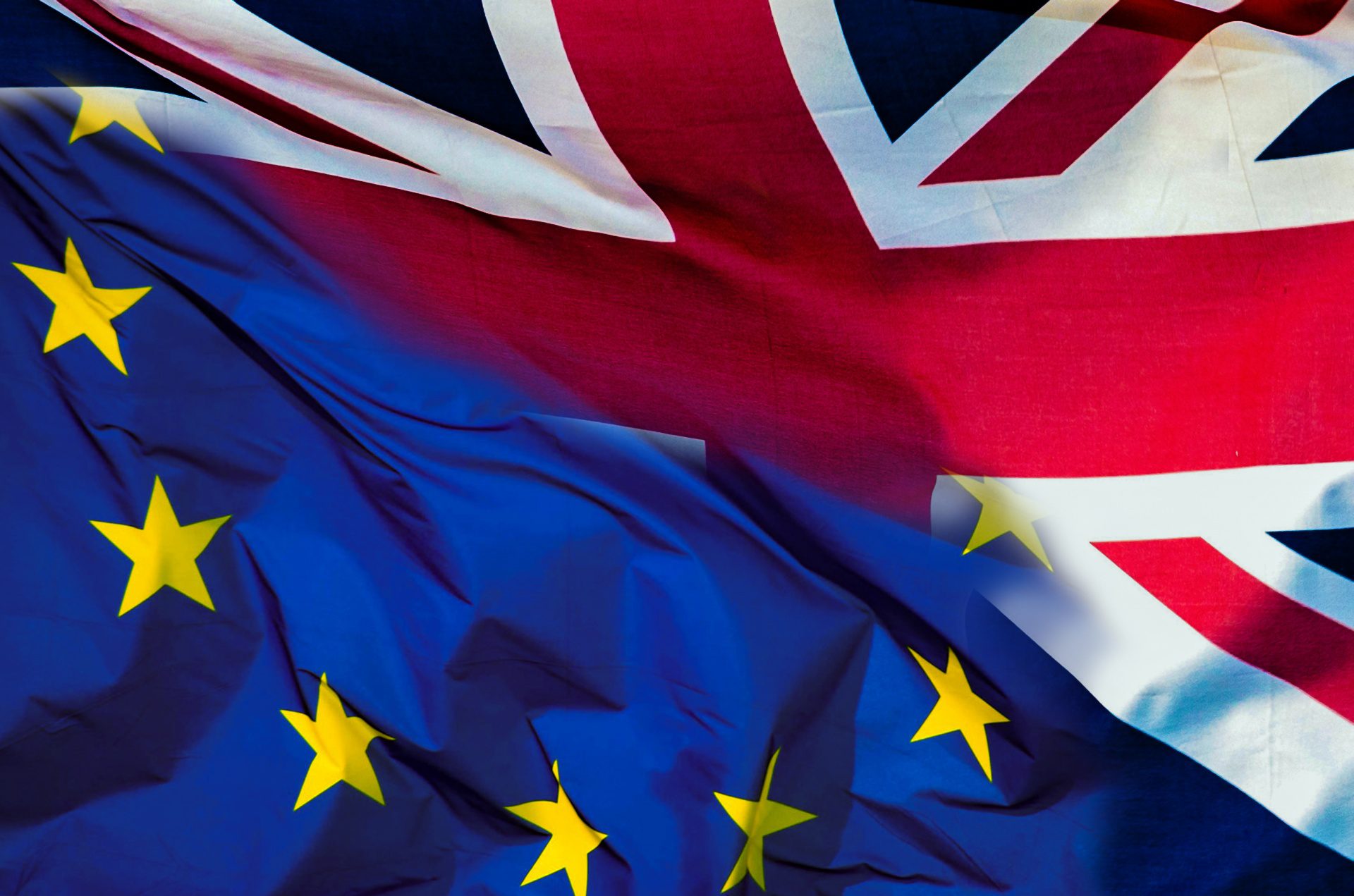
Britain is welcome to rejoin the EU at “any time,” Michel Barnier has claimed. The former Brussels chief Brexit negotiator told an event, hosted by the UK in a Changing Europe think tank, that “it is not for me to give advice to say you have to join or not to join,” but the door “on the EU side will remain open.”
Amid reports which—perhaps unconvincingly—suggest a deal could soon be reached over the Northern Ireland Protocol, one of the most contentious results of Brexit, there appears to have been a flurry of interest around the idea that Britain’s withdrawal from the European Union could be reversed. Ben Harris-Quinney, chairman of conservative think tank the Bow Group, told The European Conservative: “The remain campaign on both sides of the Channel continues apace, undaunted by democracy and successive electoral defeats.”
Mr. Barnier said that even if Britain remains outside the Brussels bloc, “there is a certain number of challenges we can only face together.” Belgian politician Guy Verhofstadt, who headed the European Parliament’s Brexit committee, has been characteristically bold when stating his view, describing the UK’s rejoining of the EU within the next five years as his “dream.” He went on to argue that “young British people want to be part of a shared European future.”
I have a dream.
— Guy Verhofstadt (@guyverhofstadt) January 30, 2023
Ukraine & Britain joining the EU in the next 5 years. Who's in? 🇺🇦🇪🇺🇬🇧 pic.twitter.com/pZpaM5bUea
In Britain, too, there is more talk about the prospect of Brexit being undone. An article in the Financial Times this week argued that “Brexit could be reversed,” and even offered a plan as to how this could be done. Gideon Rachman, the paper’s chief foreign affairs commentator, said “opinion has shifted markedly” since the 2016 referendum, with pro-EU sentiments coming out on top. Some attention has also been paid to the fact that the new chairman of the Conservative Party was opposed to Brexit, with The Daily Telegraph describing Greg Hands as a “Remainer” who “was a key figure in what his opponents dubbed ‘Project Fear‘” in 2016.
Some of those who wish for the UK to reclaim its position in the EU are, according to Mr. Harris-Quinney, working together towards this end. He told The European Conservative:
There is no question that the EU is working with allies in the UK to bring us back into alignment, and ultimately to rejoining.
It should by now be clear to most, however, even in the few years that have passed since the Brexit vote, that the EU has moved further to its final form as a superstate.
While Brexiteers warned this was always the plan, many still cast the EU as little more than a trading bloc. Were we to rejoin in [the] future however it would unquestionably be as an outlying province of a superstate, which is unpalatable even to many who voted remain.
In his article, Mr. Rachman noted that “most” EU insiders warn Britain would “not be offered any special deals” if it was to walk back through the bloc’s open door. For Mr. Harris-Quinney, it is not just rejoining the EU but also aligning more closely with it that should be off the cards:
What Britain should be doing is rebuilding a foreign policy based on our national interest, and certainly working more closely bilaterally with European countries, but while moving away from alignment with the EU.
It is also important that European nations wake up to the reality of what the EU is. Since Brexit, the EU has become ever more restrictive. Visegrad nations, or even Italy, are clearly not free to make their own sovereign choices. We hope that by building close partnerships with European nations, the UK can offer an alternative model and a counterbalance to EU restrictions.
The Conservative Party claims to be committed to Brexit, and even Labour, which largely opposed Britain’s EU exit, has pledged to “make Brexit work,” muddying any potential path towards ‘Rejoin’—though an about-turn from either party in the coming years would hardly be without precedent.
